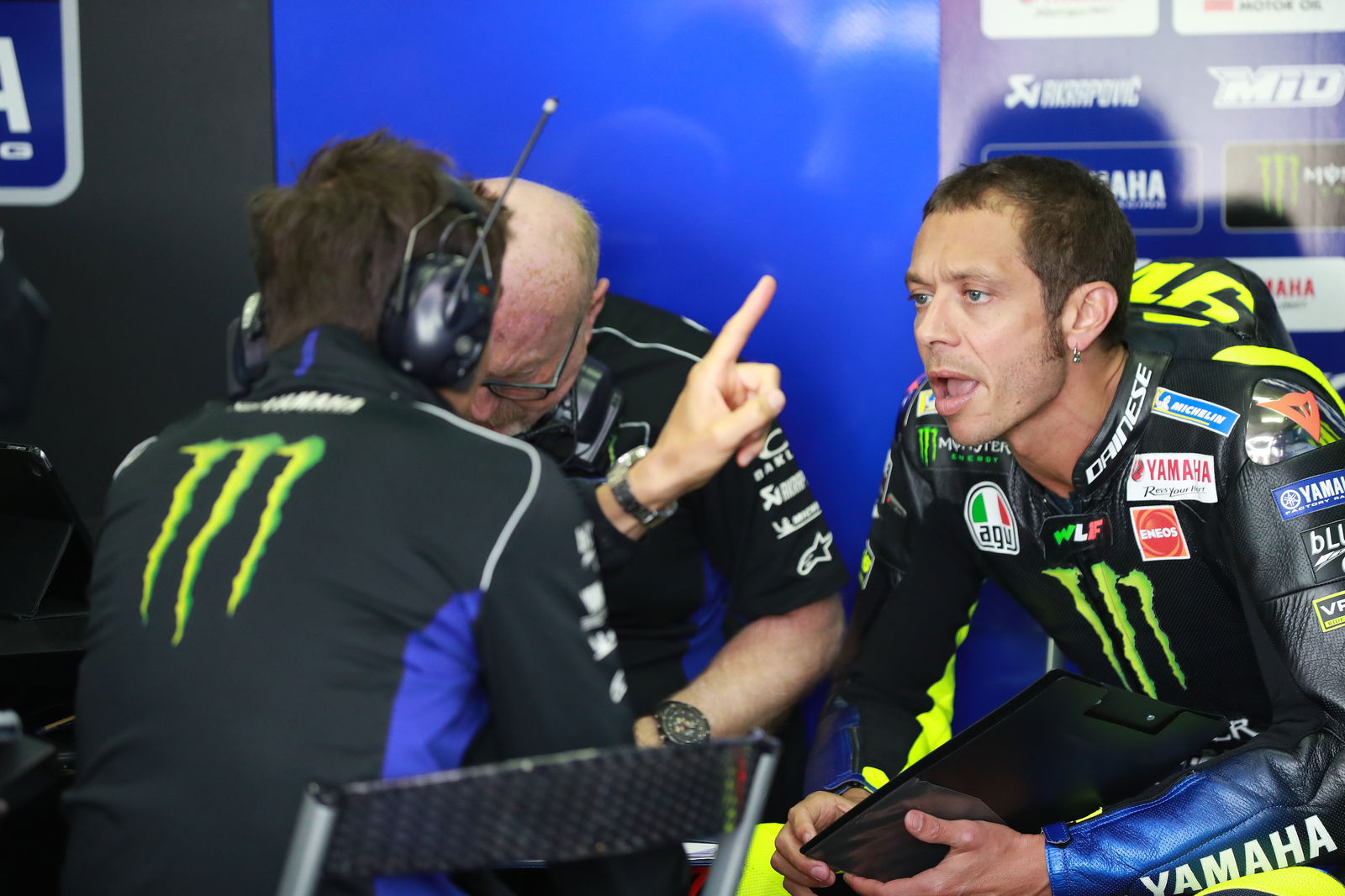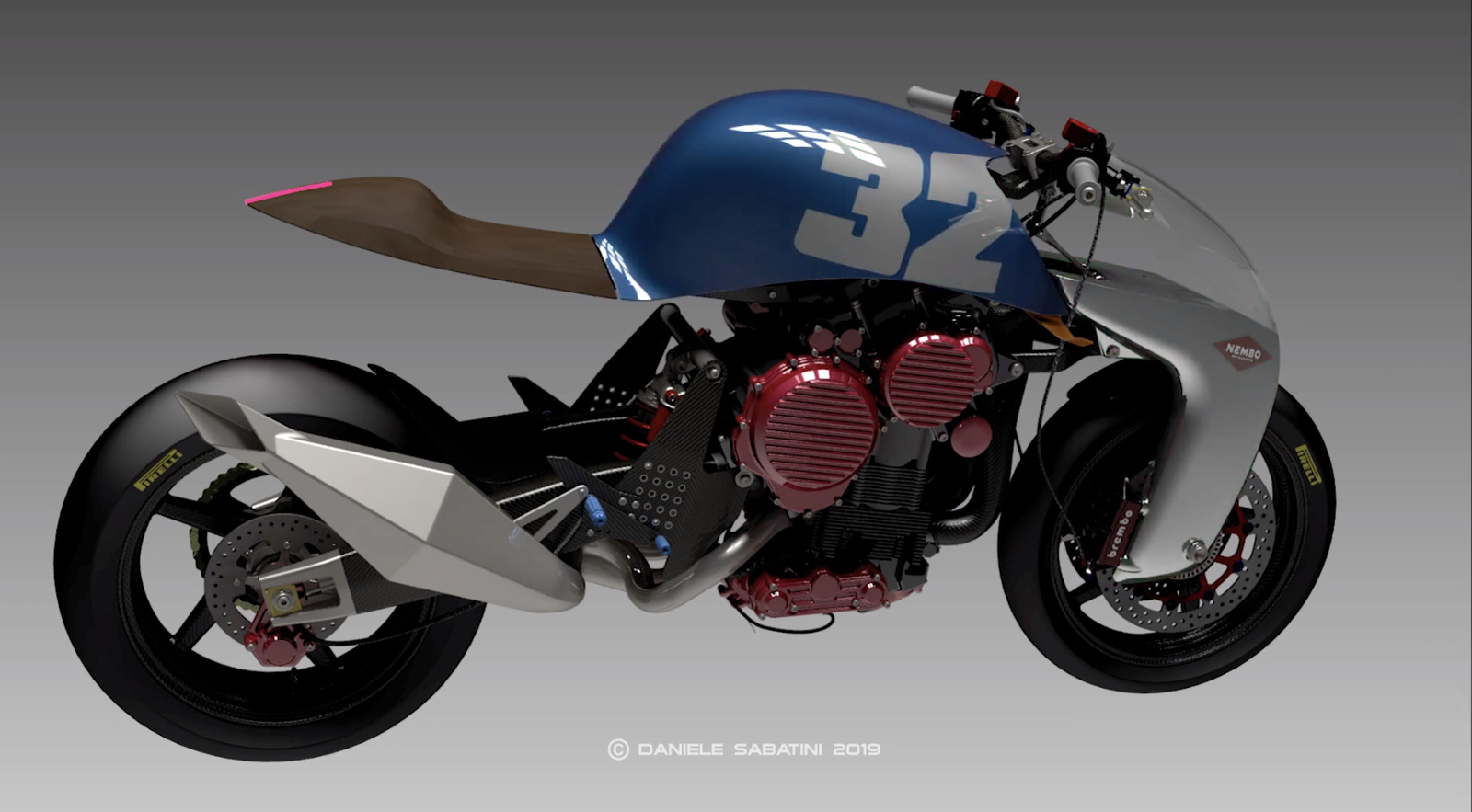The Suzuka 8 Hours is the biggest race in the world… let us explain
The Suzuka 8 Hours is the biggest motorbike racing event on the planet... bigger than the Isle of Man TT.

THE ISLE OF MAN TT. MotoGP at Phillip Island. Anything on two wheels ever held at Assen. Each are undoubtedly massive events that can lay claim to being the biggest and best motorcycle festival in the world.
And yet, for me it is the Suzuka 8 Hours – a fast-paced endurance race that attracts many of the world’s top riders and pitches them with or against the best of Japan’s racing scene at one of the greatest circuits in the world - that ascends above them all.
Even the TT.
Allow me to explain.
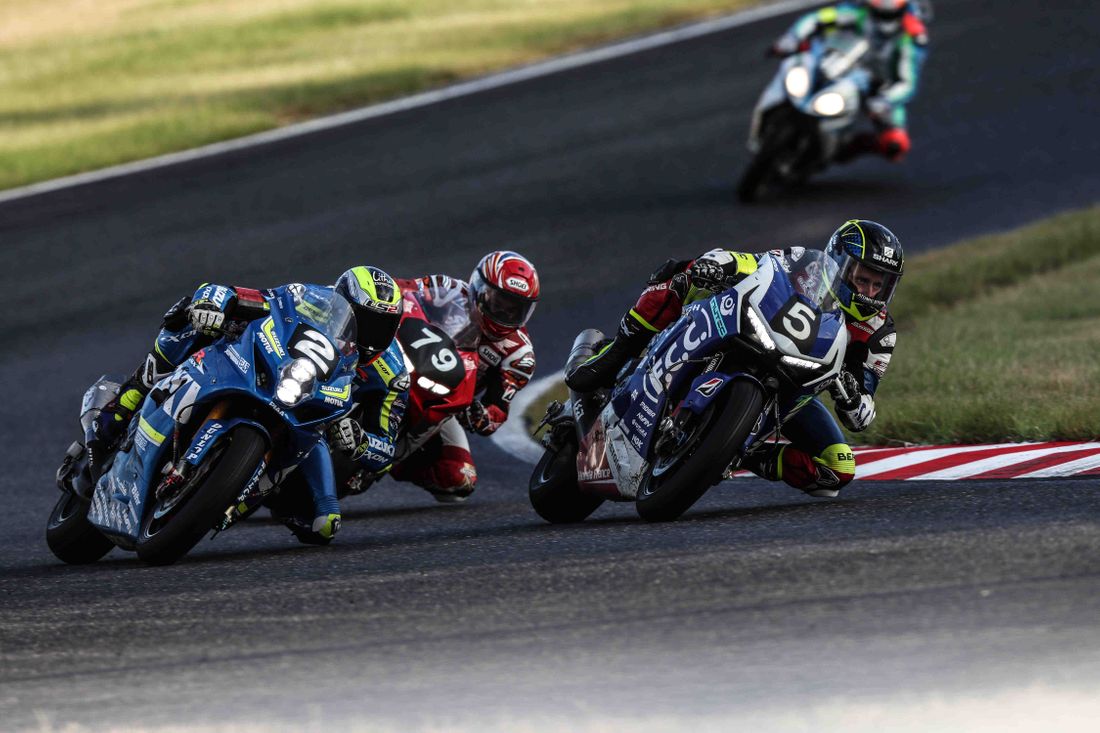
The ‘big four’ manufacturers say so
My bold aforementioned claim isn’t just one I have concocted myself, it’s the assertion of the big four Japanese manufacturers – Honda, Suzuki, Yamaha and Kawasaki - that have made the direct correlation towards ‘winning on Sunday, selling on Monday’.
Whilst MotoGP is the standard of engineering excellence, the Suzuka 8 Hours is a direct grudge match between the four Japanese manufacturers in a race that demonstrates the key values that its culture hold dearly – efficiency, reliability and teamwork.
Of course, as a round of the Endurance World Championship, there are more than simply CBR1000RRs, GSX-R1000s, R1s and ZX-10Rs with a fair few BMWs, Aprilias and Ducatis in competition but since the Suzuka 8 Hours started in 1978 not a single foreign manufacturer has ever triumphed.
That statistic alone tells you everything you need to know about why ‘getting one up on your rival’ here is valued more than in any other race in the world.
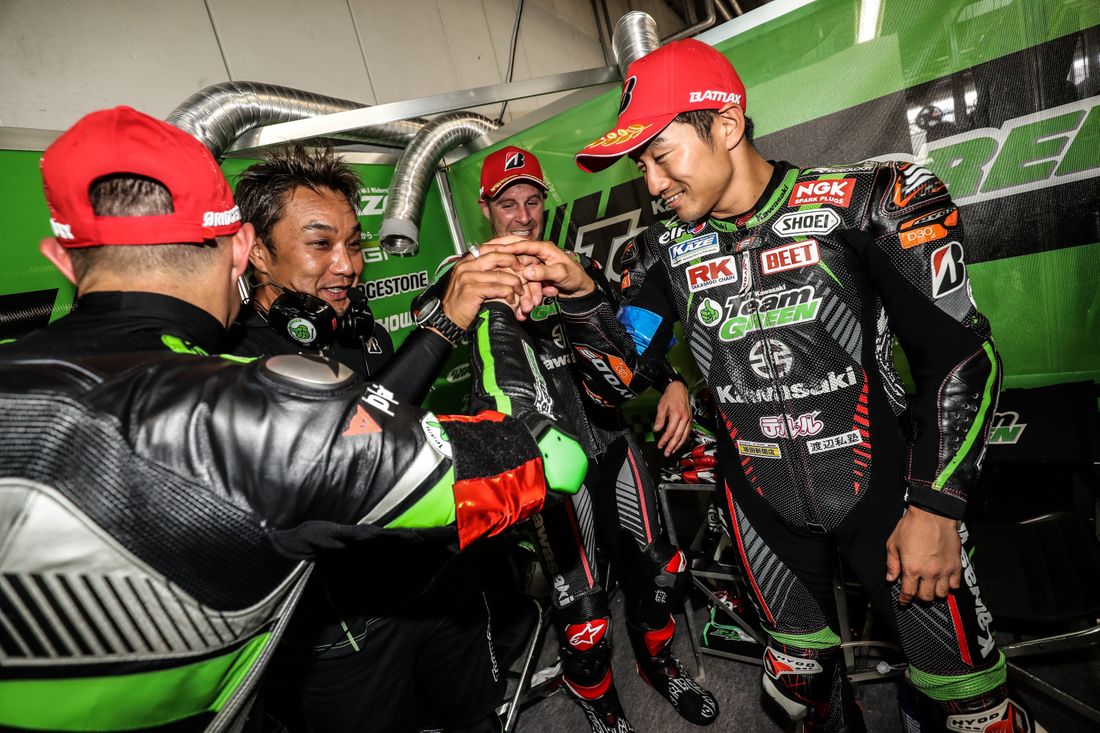
Motorbike royalty is attending… the ones that matter
Forget Valentino Rossi or Casey Stoner, the Suzuka 8 Hours sees the highest concentration of big wigs, big cheeses or big bosses, however you want to refer to them.
Riders say they are often spooked by seeing the CEOs and other very high-ranking company bosses huddled in the garages, the combined might of their finance, influence and passion adding to the pressure to perform.
On the other hand, victory in such an intense arena has the potential to earn you a job for life. This is no overstatement – bring honour, you will be endlessly rewarded.
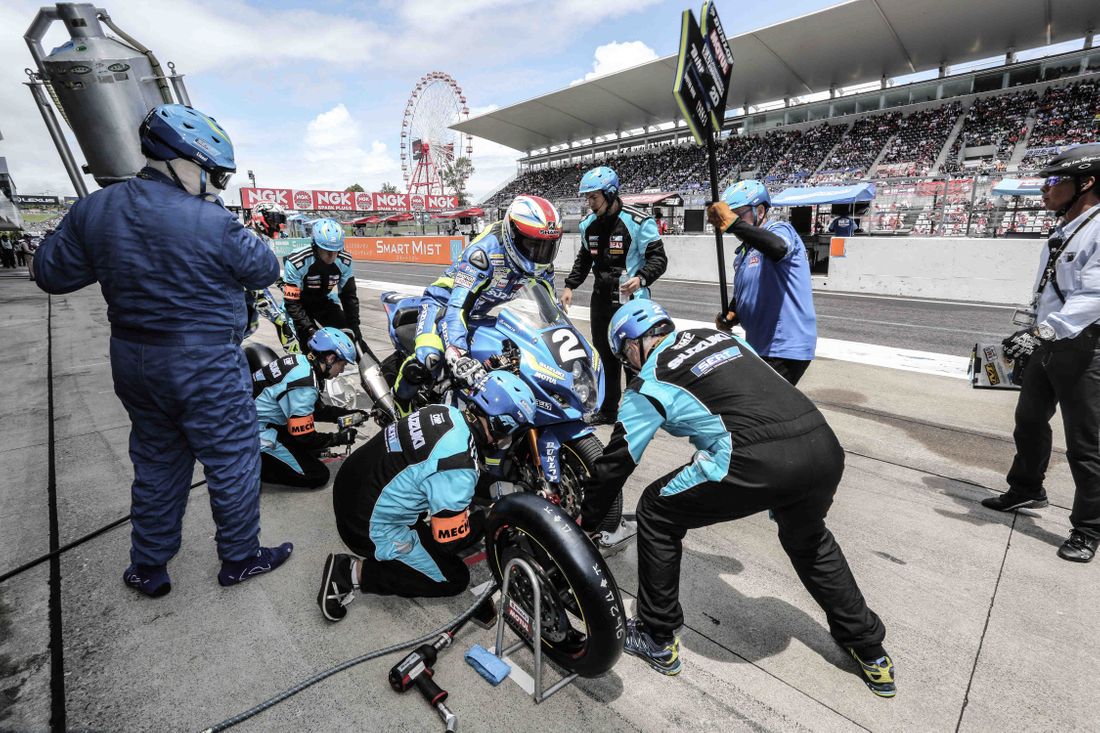
Being the best doesn’t make the winner
Whilst the 1980s and early 2000s, when an influx of high-profile GP riders swelled the ranks to do battle, have given way to fewer headline-grabbing entries with a MotoGP pedigree, this has arguably been a benefit in that the action has levelled the playing field.
That’s not to say the current line-up is less capable in a straight fight, but let’s say factory support isn’t as evenly distributed amongst the masses when you have a publicity-soaked appearance by one Valentino Rossi, who won in 2001, dominating the attention.
Regardless, there are so many factors beyond quick laps that see victory. Consistency and reliability from the bike has to be matched by a steady but quick hand on the bike, which then needs to be turned round quickly and efficiently by the pit crews in the box. If you lack one of these factors, victory will be hard. More than any other race, this is a team sport.
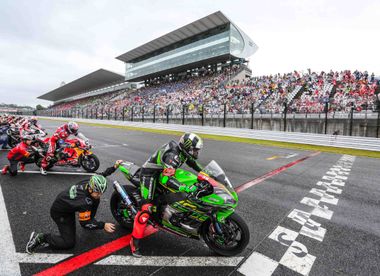
It’s one of the last great specialist events
Together with the TT, the Suzuka 8 Hours is an event where being a globally-recognised famous rider doesn’t naturally translate to being the favourite here. In fact, there is never really a favourite with the words ‘anything can happen’ a frequently rolled out mantra.
This is arguably the greatest Superbike grid in the world bringing entirely different talents and skills into the mix. The WorldSBK regulars can rely on their sprint style to turn it on in qualifying for instance, the EWC regulars will be the slickest when it comes to maximising a package over a distance – also pit-stops – and the All-Japan Superbike riders have the precision of knowing every Suzuka millimetre
Remember the days when Japanese riders sprung up for wild-cards and dominated in WorldSBK? This is the modern-day equivalent, only the other way around…
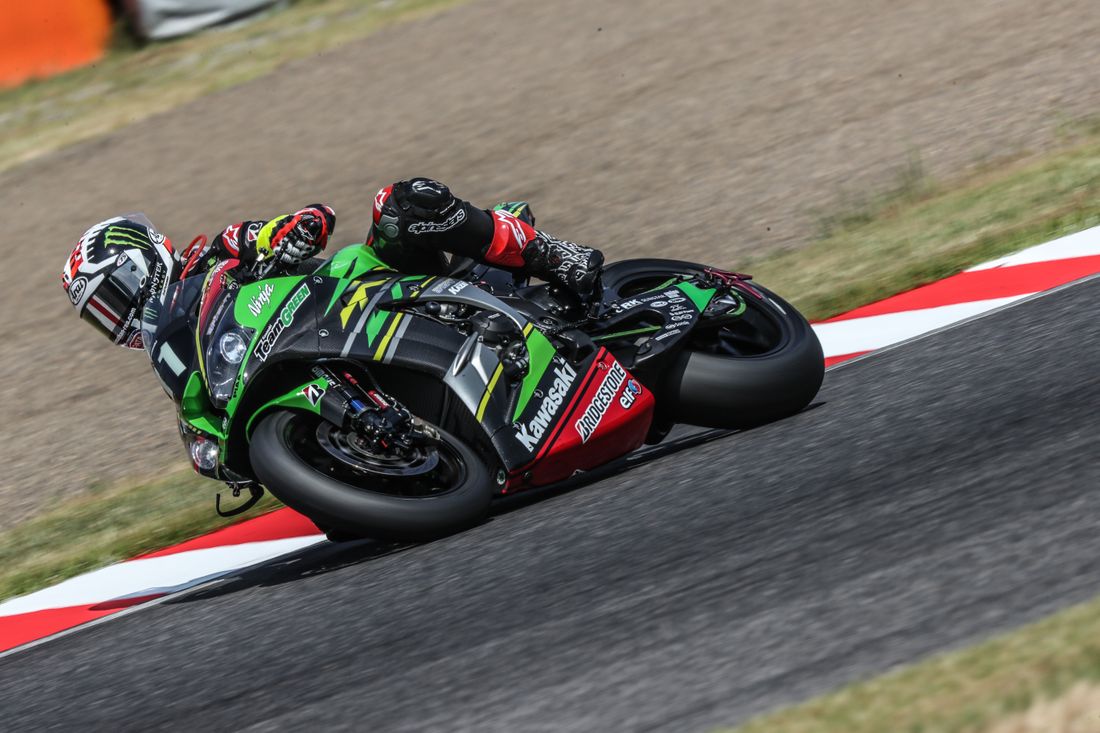
It features the world’s best Superbike team
Kawasaki has a fairly woeful record at the Suzuka 8 Hours. Whilst Yamaha, Honda and Suzuki have all recorded victories in the last 12 years, you have to trace right back to 1993 to when Kawasaki last held aloft the winners’ trophy, a startling statistic when you consider it has all-but-dominated the Superbike scene in the last few years.
So what better way to end the drought than to enter the exact team that has swept all before it on the world stage? Better still, Kawasaki Racing Team is doing it with Jonathan Rea, Leon Haslam and exciting Turkish rider Toprak Razgatlioglu as its trio of riders.
It would be an interesting quirk for KRT to win the Suzuka 8 Hours and claim a home win since the outfit is thoroughly Spanish in operation and doesn’t include a single Japanese rider. Should they win, it’d be the first time a Japanese rider hasn’t stood atop the podium since Rossi and Edwards’ 2001 win.
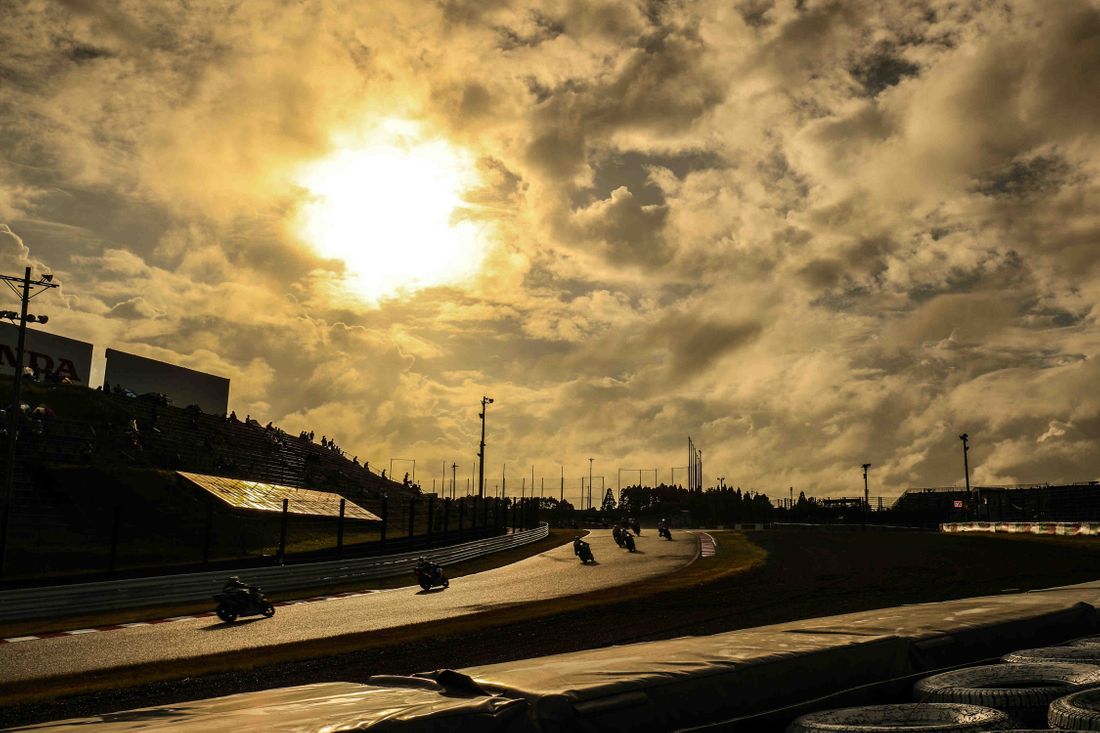
The sheer mystique
Whilst the internet, multi-channel television and social media have disassembled the barriers that would stop anyone from getting to every possible lap time, on-board or crash with nothing more than a few flicks of a mouse, there remains a sense of ‘mystique’ about the Suzuka 8 Hours that stretches back to the 90s when Japanese motorsport was very closed-off from a wider world.
Indeed, whether it was because the local reporting was in kanji or a grid of 90 per cent of unfamiliar looking names amongst 10 per cent of global favourites limited the desire for publications to spend time in money attending or translating to push it globally, the Suzuka 8 Hours was often a footnote in magazines printed days later.
And yet here was a race attracting GP stars and 130,000 spectators every year, but until recently we knew relatively little about it. It’s like we’ve just stumbled on the biggest secret in motorsport.
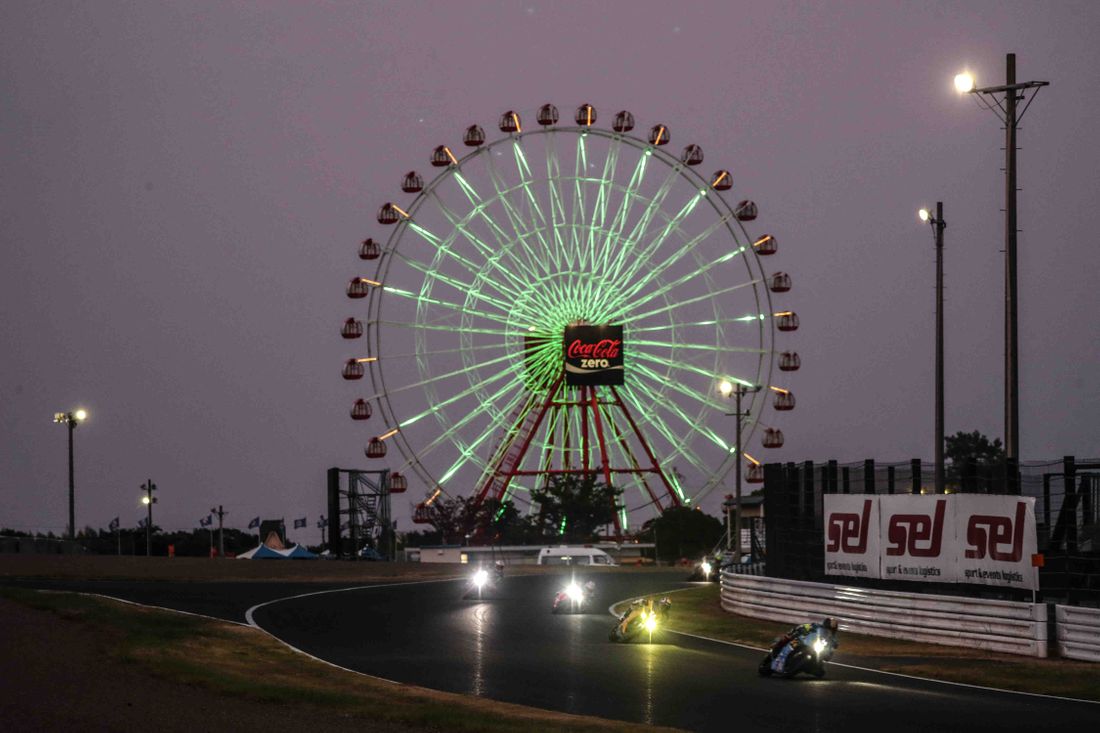
Japan deserves such an accolade
This is perhaps a subjective point but anyone who has ever attended or competed in a motorsport event in Japan will know it is an experience that is both hard to explain or unforgettable in equal measures.
The Japanese love their motorsport – as demonstrated by consistently packed stands at Suzuka or Motegi during F1 and MotoGP – but with dwindling local heroes to cheer on in either series, the Suzuka 8 Hours has instead become the annual highlight for motorsport fans to see big names and root for their home hopes.
The passion runs so very deep amongst all of those 130,000+ spectators whether it’s queuing in monsoon rains for a glimpse at the riders, going to great lengths with their attire and banners or staying glued to their seats for eight hours. If the TT sees fans get wrapped up in the festival, the Suzuka 8 Hours is about the race.
Moreover, it’s been a full 16 years since Japan last hosted a WorldSBK race (and we are still baffled as to why it hasn’t returned) and given the huge influence the nation has on the motorcycle industry as a whole, it should be given the dues it deserves.
If you haven’t bucket list it and put it somewhere near the top… thank us later
You can find the 2019 Coca-Cola Suzuka 8 Hours entry list here
